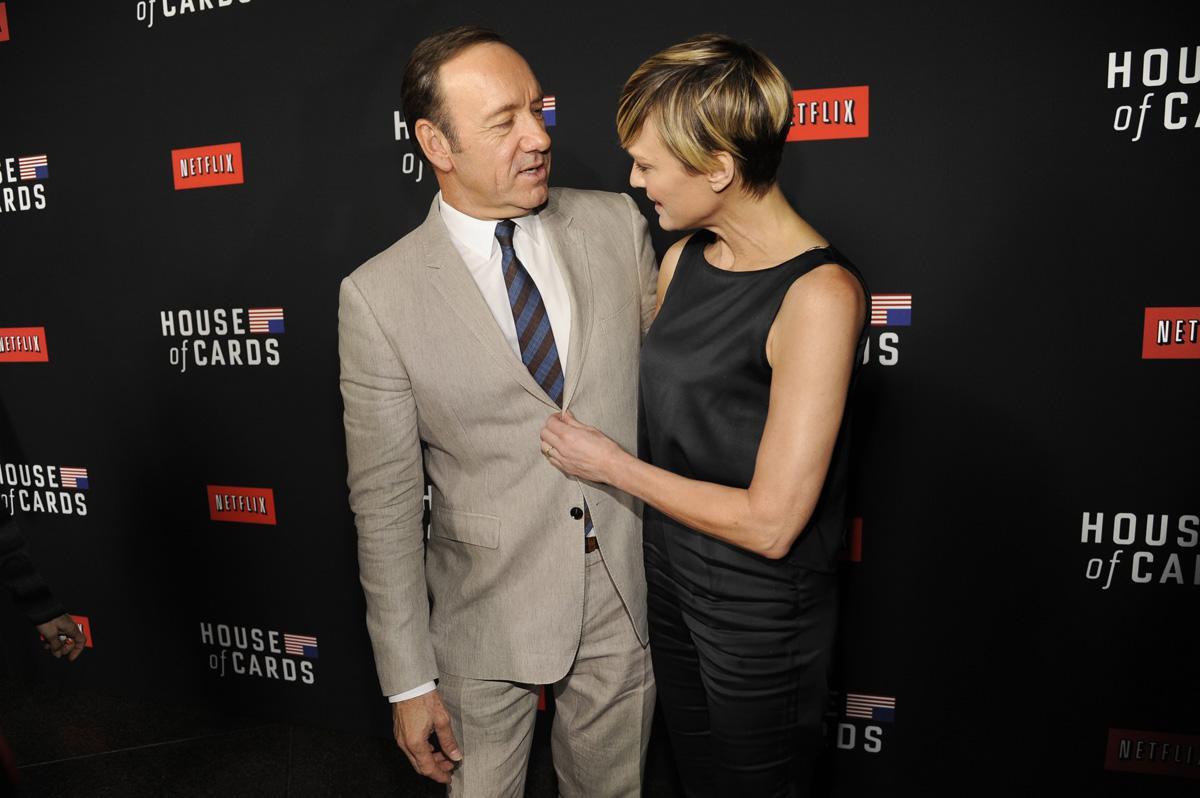Of the thousands of American films released in the Hollywood era, Steven Spielberg’s “Jaws” is inarguably one of the most significant. “Jaws” is credited with the creation of the most important aspect of the New Hollywood era: the summer blockbuster.
Though earlier films have been referred to as “blockbusters” and have made more money, “Jaws” was the first American film to totally permeate the mindof the cultural hive of the time. Since it captivated audiences and made a ton of money, film studios have desperately been attempting to recapture that same energy.
The modern blockbuster has been characterized by action, excitement and, more recently, failure. Film studios, not known for taking chances with their money, have seen an increased number of million-dollar failures. Films like “The Lone Ranger” and “After Earth” have cost studios a great deal of money despite having marketable actors.
Hopefully, this means studios are learning that it takes more than famous actors and expensive special effects to get people into the theater, especially with all the competition they now have on television.
In recent years, television has changed drastically. Television has always been hugely profitable, but with the advent of modern technology, the kinds of stories we can tell through the medium are advancing. TV can have the budget of a huge film (estimates say “Game of Thrones” costs $6 million per episode), the biggest stars in Hollywood (“House of Cards’” Kevin Spacey) and the same kind of cultural fervor that “Jaws” had (the finale of “Breaking Bad” had more than 10 million live viewers).
Of course, television has always been a staple of American culture, but these new TV shows are drawing attention in an entirely new way. These shows seem to be tapping into the same kind of energy that has, until now, normally been associated with massive studio films.
“Game of Thrones” is one of the greatest examples of this trend. The television series has drawn the attention of thousands of die-hard fans in a way that a film has not been able to in quite some time.
From a producer’s standpoint, television makes sense. There is less risk because the money does not come directly from the consumer and there is the possibility of replicating success with a certain degree of ease. From a creator’s standpoint, television offers room to push the boundaries of what is acceptable in modern media.
It is undeniably a new age of storytelling. While the shifting roles of television and film show fewer rules and more trends, it is both interesting and useful to understand where the society’s interests lie. While the future of storytelling remains a mystery, we can be sure that the stories being told now will have a great effect on those yet to come.
New television has affected the American blockbuster
April 28, 2014
Kevin Spacey, left, and Robin Wright arrive at a special screening for season 2 of “House of Cards”, on Thursday, Feb. 13, 2014 in Los Angeles. (Photo by Chris Pizzello/Invision/AP)
More to Discover







